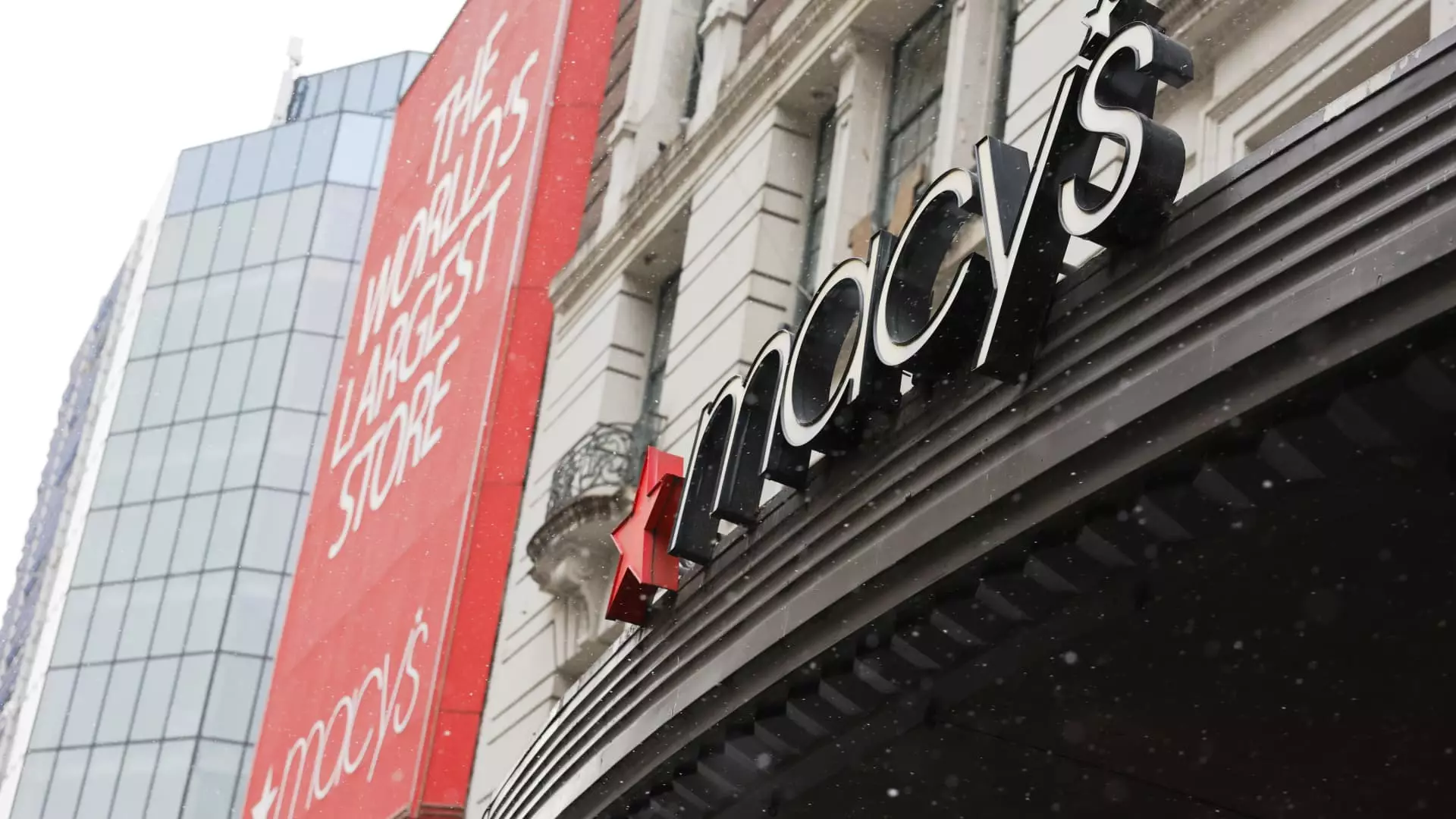Macy’s, the iconic department store, recently announced the termination of negotiations with a group of activists looking to take the retailer private for approximately $6.9 billion. The board cited concerns about financing and the lack of compelling value in the proposal as the reasons for ending talks.
The Failed Proposal
The activist group, Arkhouse and Brigade, had been pursuing the buyout of Macy’s for several months. Despite increasing their offer to $24.80 per share, the highest bid since their initial takeover attempt last year, the board remained unconvinced. Macy’s went above and beyond in providing due diligence information, including detailed financial data for each store location, and allowing the bidders to consult with multiple financing sources.
The Impact on Macy’s Stock
Following the announcement of the failed negotiations, Macy’s stock fell approximately 14% in early trading. The retailer, led by CEO Tony Spring, has been undergoing a transformation, which includes closing underperforming stores and expanding its more successful brands, Bloomingdale’s and Bluemercury. However, Macy’s struggles to keep up with changing consumer preferences and increased competition from online and off-price retailers.
Macy’s expects a decrease in net sales for the fiscal year, with comparable sales ranging from a slight decline to a modest gain. Despite efforts to revitalize its stores through improved staffing and merchandise displays, Macy’s continues to face challenges in growing its sales amidst high inflation and changing consumer behavior. Prior to the recent stock decline, Macy’s shares had already fallen about 5% in 2024.
Arkhouse, led by Gavriel Kahane and Jonathon Blackwell, is known for its real estate investment strategies, while Brigade Capital Management focuses on retail companies like Macy’s. The bidding group aimed to leverage Macy’s real estate assets and operational changes to unlock value. Similar activist efforts have targeted other department stores in the past, highlighting the ongoing challenges in the retail sector.
The failed takeover of Macy’s sheds light on the complexities of retail transformation and investor activism. Despite efforts to revive the brand and adapt to changing market conditions, Macy’s continues to face obstacles in achieving sustainable growth. As the retail landscape evolves, Macy’s and other traditional department stores must innovate and collaborate to stay competitive in the ever-changing market.


Leave a Reply